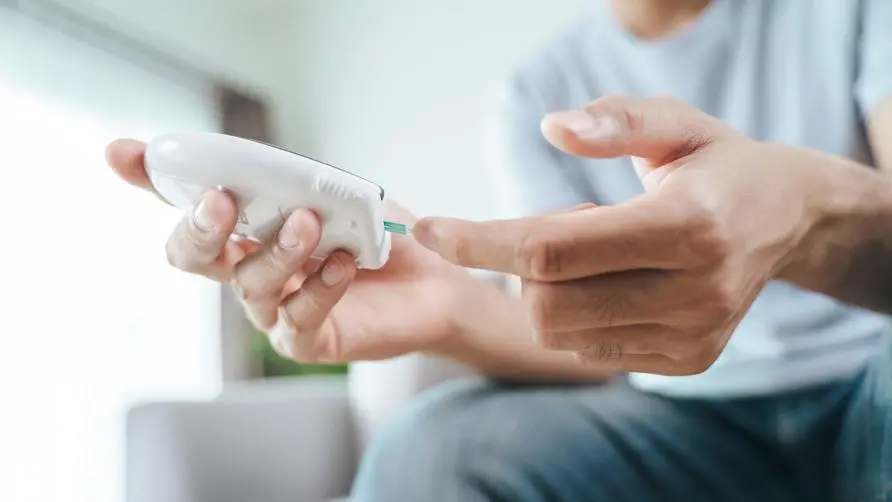Does diabetes affect women's sexual desire? Research reveals: May lead to increased risk of depression
After suffering from diabetes, I am afraid that my life will not be as “sexually” happy as ordinary people? Scientists have previously discovered that women’s low sexual desire may be closely related to diabetes. Patients with type 2 diabetes mostly have problems such as obesity, unbalanced diet, and less exercise habits. They are considered to have higher cardiovascular risks, which can also affect microvascular function and lead to sexual problems such as male erectile dysfunction. The latest Swedish study found that female sexual dysfunction is not only related to diabetes, but also may have a higher chance of suffering from “depression”.
Study on the impact of type 1 diabetes on female sexual function reveals: 45% of subjects have low sexual desire
Type 2 diabetes is mostly caused by poor eating habits, excessive intake of refined starch, or obesity. The common cause of type 1 diabetes patients is mostly autoimmune problems, which cause the destruction of pancreatic islet cells and the inability to secrete insulin normally. Most patients develop the disease in childhood or adolescence, and the disease cannot be cured and can only be controlled through medication and changes in diet and exercise habits.
A study conducted by Malmö University in Sweden focused on women with type 1 diabetes, aged between 45 and 66 years old. 212 women were surveyed and asked about their usual sexual function, sexual desire level, orgasm frequency and pain during sexual intercourse.
The study results showed that 45% of the subjects had significant sexual dysfunction problems. About 33% of women have no significant sense of sexual excitement, 20% experience excessive pain during sexual intercourse, and nearly 25% find it difficult to reach orgasm. In addition, 15% of women have repeatedly had thoughts of self-harm or suicide. Even though the subjects received comprehensive treatment during the study period, low sexual desire persisted.
Is the problem of “low sexual desire” in women ignored? Is diabetes likely to affect “physical and mental health”?
In this regard, study author Anne-Marie Wangel pointed out that women with diabetes are more likely to experience decreased sexual desire, sexual frigidity, pain during intercourse, difficulty in orgasm, etc., thereby increasing the risk of depression. Despite available treatments, sexual disorders in women are often overlooked or difficult to discuss openly.
“For women, sexual issues usually revolve around ‘contraception’ and ‘pregnancy.’” Wangel said that the reason why sexual dysfunction is more common among female diabetics is that poor blood sugar control will Damage to blood vessels or nerves in the body, resulting in reduced blood flow to the sexual organs, causing difficulty in orgasm.
According to Wangel, intimacy is clearly good for emotional and physical health. Sex helps release oxytocin, which increases calorie burning, increases immunity and improves sleep. Therefore, a lack of sex life may be related to a higher chance of depression, and depression can also affect sexual desire, creating a vicious cycle. In addition, body image issues and fears about blood sugar control can also affect sexual behavior and intimacy with a partner.
“Relevant units should pay more attention to the sexual and mental health of female diabetic patients. If their satisfaction with sexual behavior or the psychological shadow caused by sexual behavior is ignored for a long time, it may become a major public health concern.” Wangel said.
source:
Sexual health problems in women with type 1 diabetes need to be addressed
Further reading:





